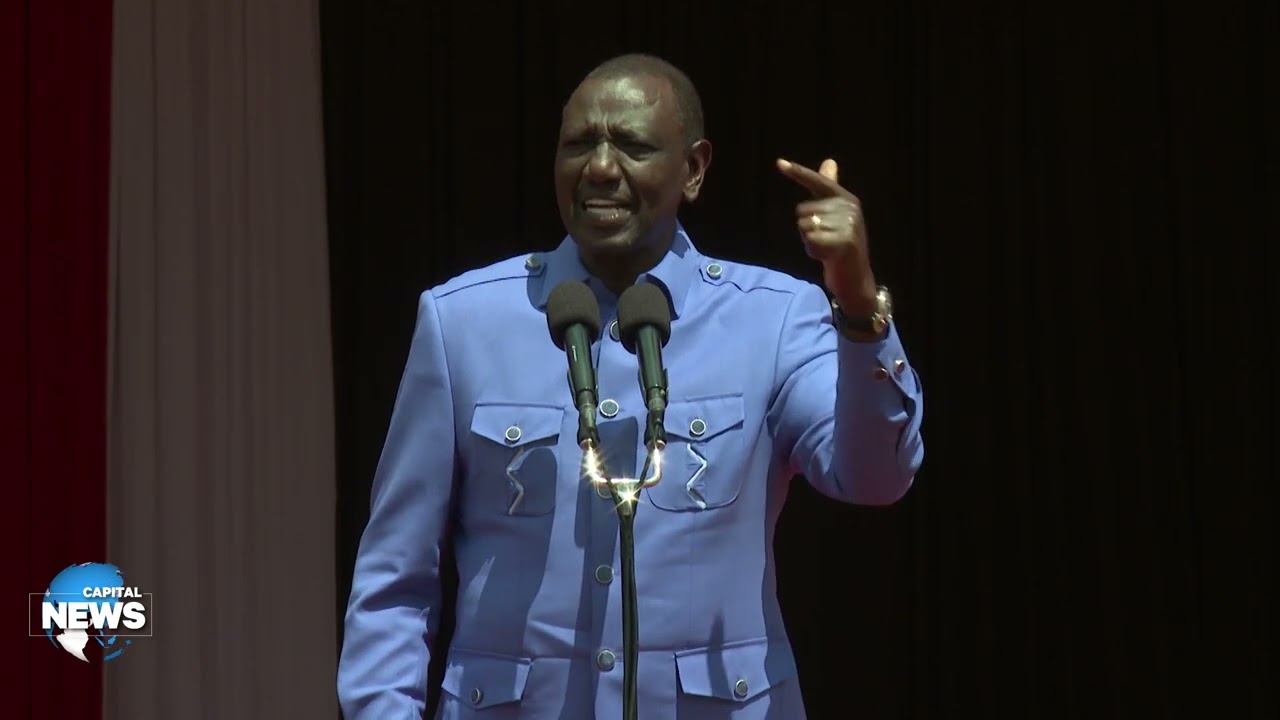
What next for the Finance Bill 2024 following Ruto’s withdrawal » Capital News
NAIROBI, Kenya, June 26 – President William Ruto’s historic announcement to withdraw the Finance Bill 2024 has raised questions about the next steps for Kenya’s fiscal management.
This decision, unprecedented since independence, means the nation will operate under the Finance Act 2023 starting July 1, 2024, to finance the Sh3.9 trillion budget for the upcoming financial year.
The Finance Bill 2024 had already completed its legislative process in the National Assembly, securing a simple majority in its third reading, the final stage in the legislative house.
At the committee of the whole house, it passed with 195 Members of Parliament voting in its support. This outcome sparked widespread violence during demonstrations, resulting in over 20 deaths, 300 injuries, and more than 50 arrests.
The bill’s passage followed the adoption of proposed amendments that had elicited countrywide protests. During the session, 106 legislators voted to reject the bill. The house leadership, led by Speaker Moses Wetangula and comprising National Assembly Majority Leader Kimani Ichungwa, Finance Committee Chair Kimani Kuria, and Clerk of the National Assembly Samuel Njoroge, was expected to present the Finance Bill to the President for assent.
According to the constitution’s procedures for enacting legislation, President Ruto can either assent to the bill as it is or refer it back to parliament with amendments within fourteen days. Given the public uproar, President Ruto has chosen not to assent to the Finance Bill and will refer it back to Parliament with his reservations, proposing the deletion of all contentious clauses.
Once referred back, the National Assembly will consider the bill, focusing on the President’s reservations. The house can pass the bill a second time with a simple majority supporting the President’s reservations. However, if the MPs seek to override the President’s reservations, they will need a two-thirds majority of the house.
With the MPs commencing their recess until July 23, Speaker Moses Wetangula will need to gazette a special sitting for the consideration of the President’s memorandum.
President Ruto’s decision to withdraw the Finance Bill 2024 follows nationwide protests, particularly among Kenya’s youth, who feel disproportionately burdened by the proposed tax increases. The bill’s passage on Tuesday had sparked widespread outrage, with demonstrators arguing that it would exacerbate the economic hardships faced by ordinary Kenyans.
“Listening keenly to the people of Kenya, who have said loudly that they want nothing to do with this Finance Bill 2024, I concede and therefore I will not sign the 2024 Finance Bill, and it shall subsequently be withdrawn,” President Ruto stated.
In his address to the nation, President Ruto promised to engage in dialogue with the younger generation on the way forward for the country. He acknowledged that the bill’s withdrawal would impact public debt, which his administration aimed to control.
“Because we have gotten rid of the Finance Bill 2024, we must have a conversation on how to manage the affairs of the country and the debt situation together. I will propose an engagement with the young people and listen to our sons and daughters,” he said.
